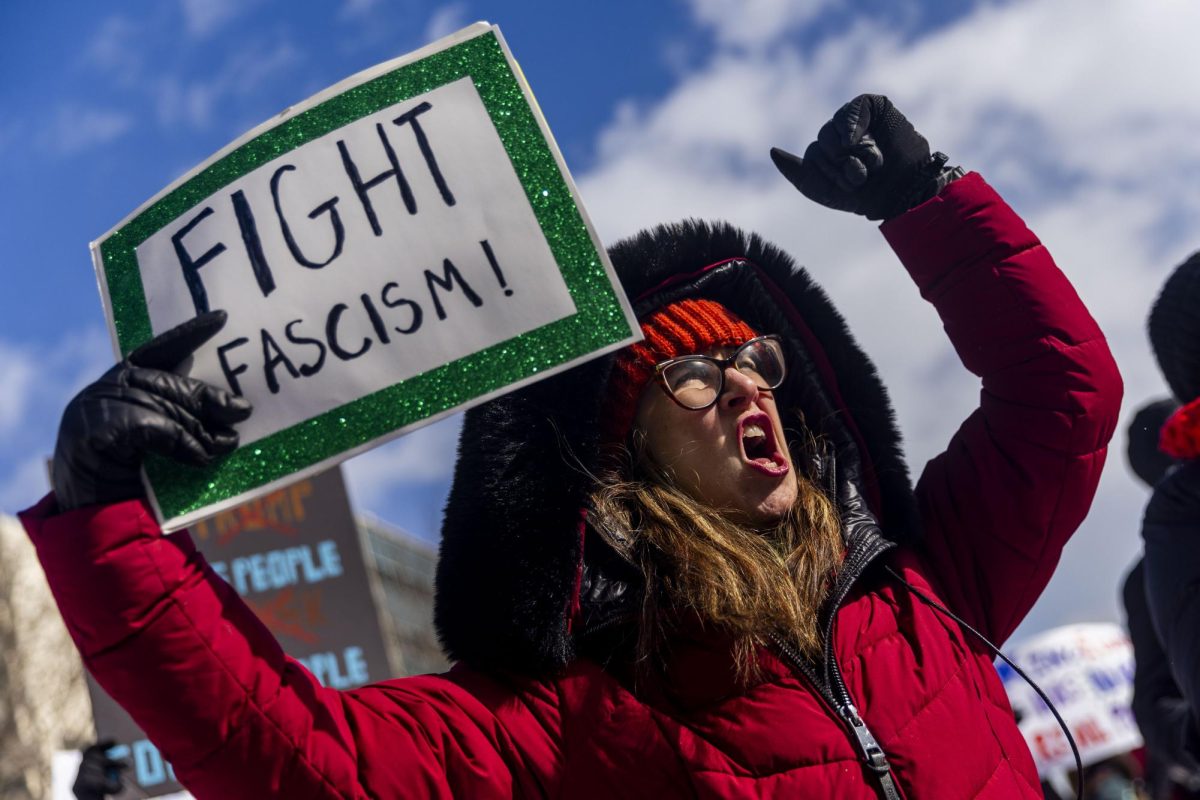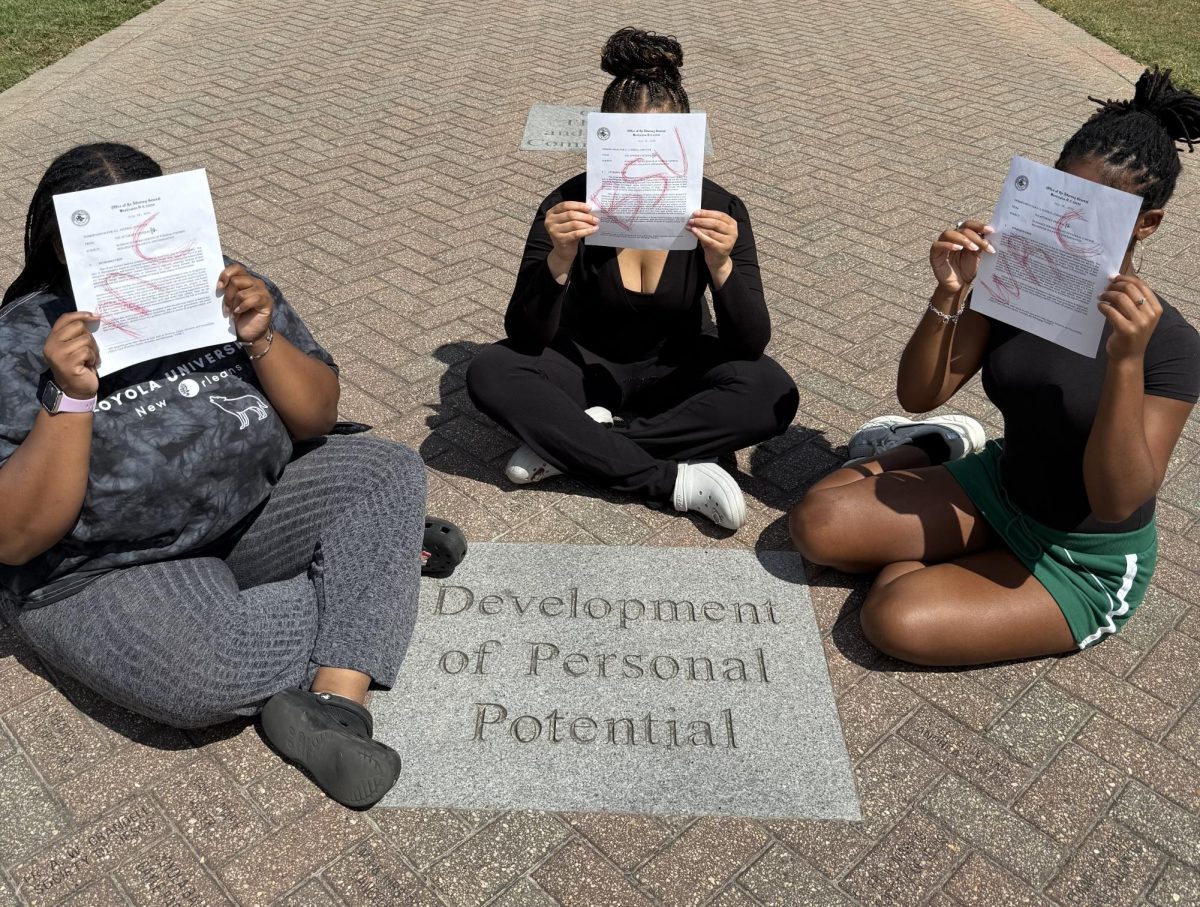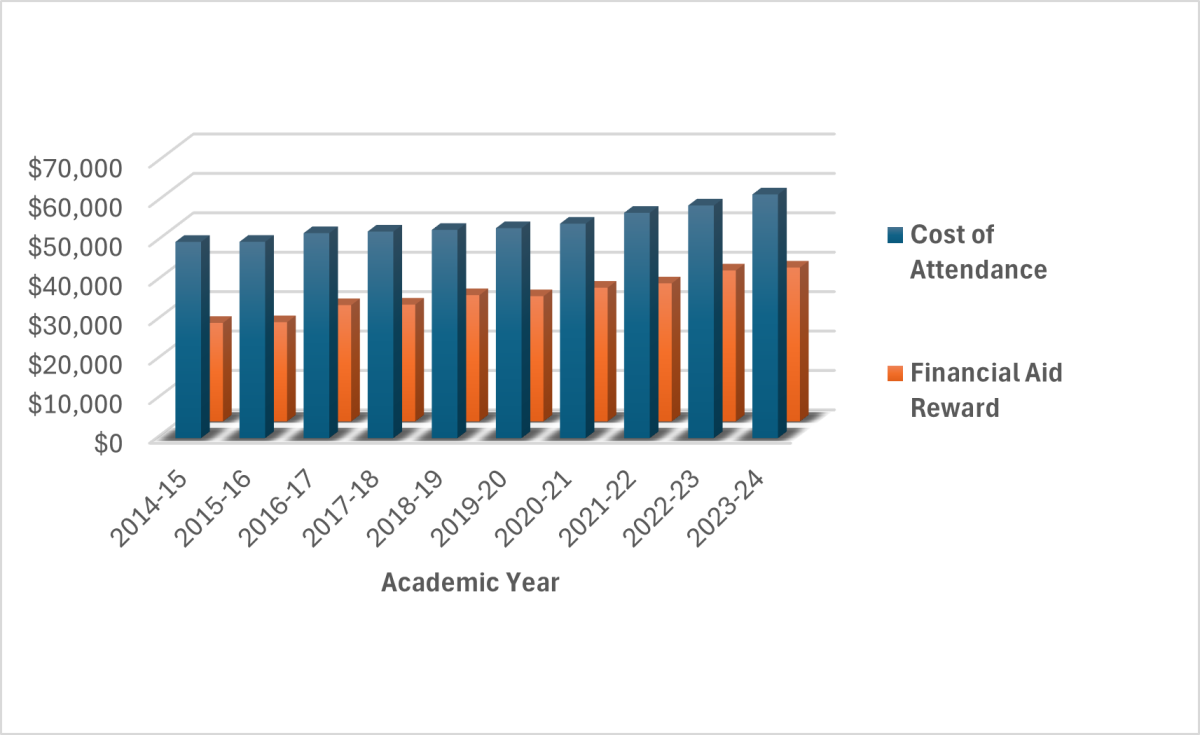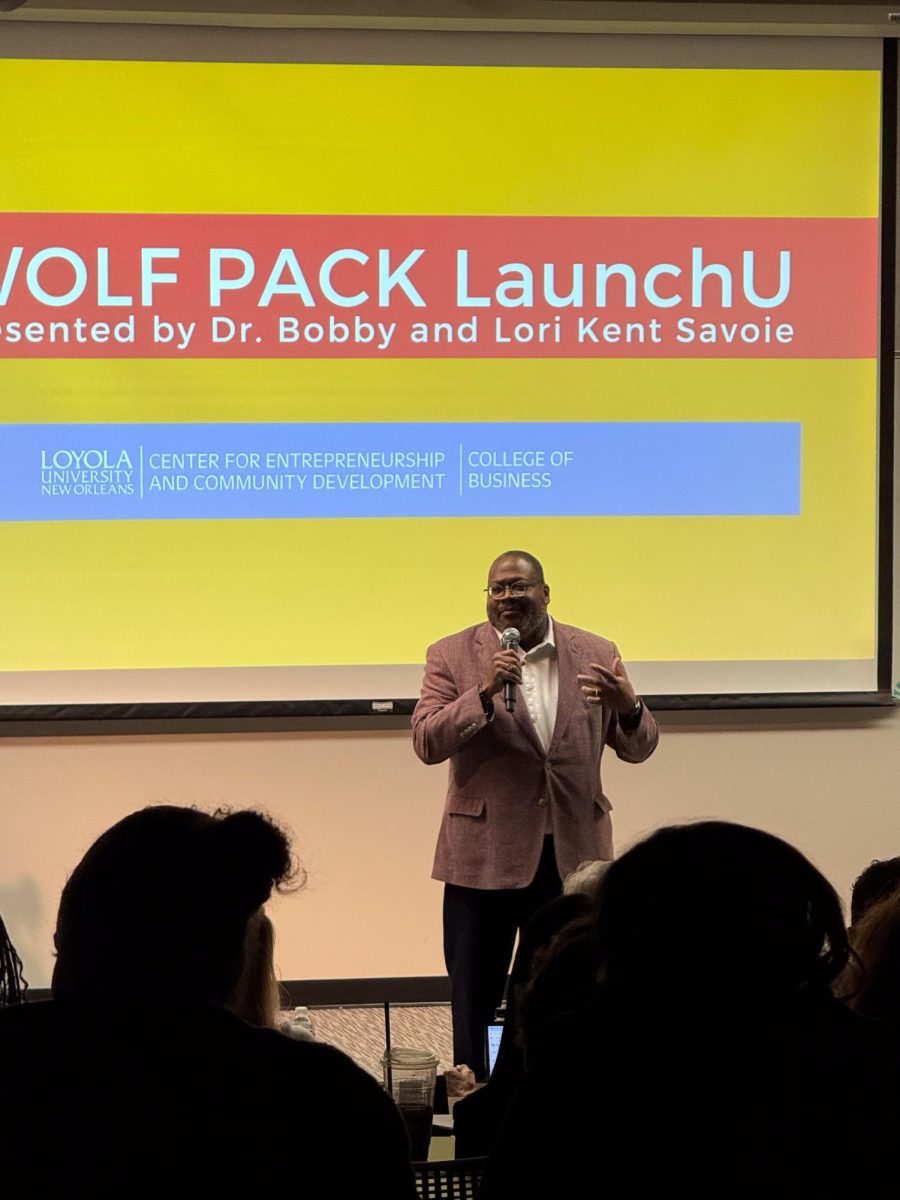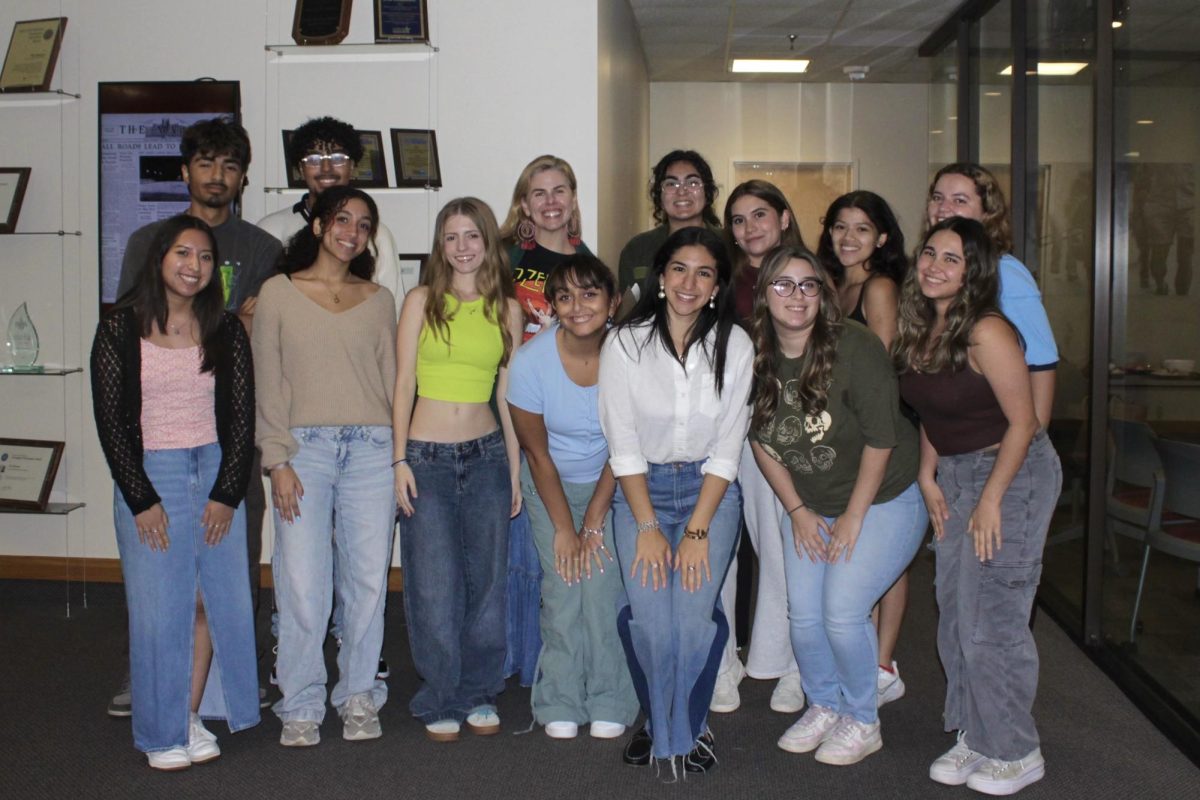Loyola students have responded to the recent news outbreak of US President Trump’s termination of diversity, equity, and inclusion programs set in place to ensure inclusivity amongst Americans.
Students have provided a wide range of emotions and responses towards the rollback, feeling a sense of sadness, confusion, anger or are in support of the executive orders.
Examples of these initiatives have included sensitivity training, employee resource groups, diverse hiring practices, expanded recruiting sources, and the use of more inclusive language and communication.
These policies were implemented to provide equitable opportunities for diverse individuals, including people of color, people with disabilities, and LGBTQ+ individuals.
Hip-hop and R&B sophomore Austin Troncalli said DEI policies have brought different perspectives and contributed to success in workplaces.
“DEI efforts try to level the playing field, helping organizations tap into a broader range of talent,” Troncalli said. “DEI initiatives are important because different viewpoints are helpful and sometimes required for success in the workplace.”
Troncalli said the rollbacks could lead to a decline in diversity of thought.
“With rolling back DEI policies, you will see diversity slowly erode in student life, leading to a more isolated point of view,” Troncalli said.
Some students expressed concerns about the lack of equity that could result from the DEI rollbacks.
Philosophy freshman Imad Siddiqui said reversing these initiatives will hinder the progress of a more inclusive society.
“I think the DEI rollbacks are a step backward, limiting progress toward a more inclusive and equitable society,” Siddiqui said.
Others worry the rollbacks will reinforce systemic inequalities.
“DEI rollbacks will not only deepen opportunity gaps,” political science freshman Reginald Batiste said, “But also make access to critical resources more difficult for marginalized communities.”
Some critics of DEI programs argue they can make employees feel shamed or lead to the perception that certain coworkers received their positions solely due to their diversity status.
However, some students support the rollback of DEI initiatives, arguing that such programs can be divisive, lead to reverse discrimination, or undermine merit-based opportunities.
Political science junior Viviana Capasso said these initiatives have caused division rather than unity.
“I firmly believe in meritocracy, where race and sex aren’t exalted or penalized,” Capasso said. “In a country that constantly strives for unity, I believe DEI has only caused more division and employed people based on factors other than skill, rather than valuing hard work and merit.”
Capasso said she does not believe the rollbacks will impact Loyola’s campus.
“I don’t think the effects of the rollback will affect campus because everyone should have equal opportunities based on merit and achievement,” Capasso said. “DEI, in my opinion, is more discriminatory than unifying, and excellence should be measured by skill, motivation, determination, and improvement.”
In contrast, criminology freshman Bryan Hall said he believes the DEI rollbacks will affect Loyola, particularly its employees.
“I believe the DEI rollbacks will impact our campus, particularly the university’s employees,” Hall said. “We may see a reduction in faculty and staff.”
Psychology sophomore Joshua Fletcher said the rollbacks represent an attack on diversity efforts.
“Instead of addressing the issues with DEI or suggesting an alternative, they completely destroyed these initiatives,” Fletcher said.


